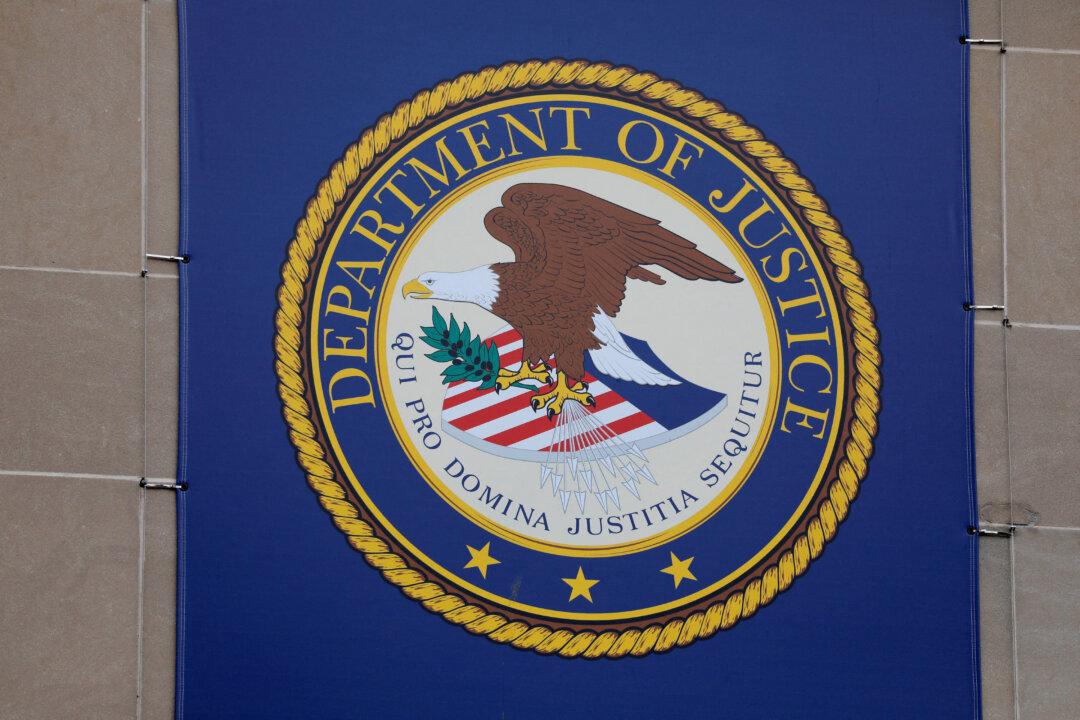Eight Chinese citizens living in New York and Canada were indicted by a grand jury on May 13 as part of an international fraud and money laundering conspiracy.
According to court documents, the alleged conspirators primarily targeted the elderly across the United States and Canada, generally through computer popups that would allege the victim’s computer was compromised, directing them to call a telephone number. Prosecutors with the U.S. Attorney for the Eastern District of New York allege the defendants perpetrated fraud on “at least hundreds of elderly persons.”





